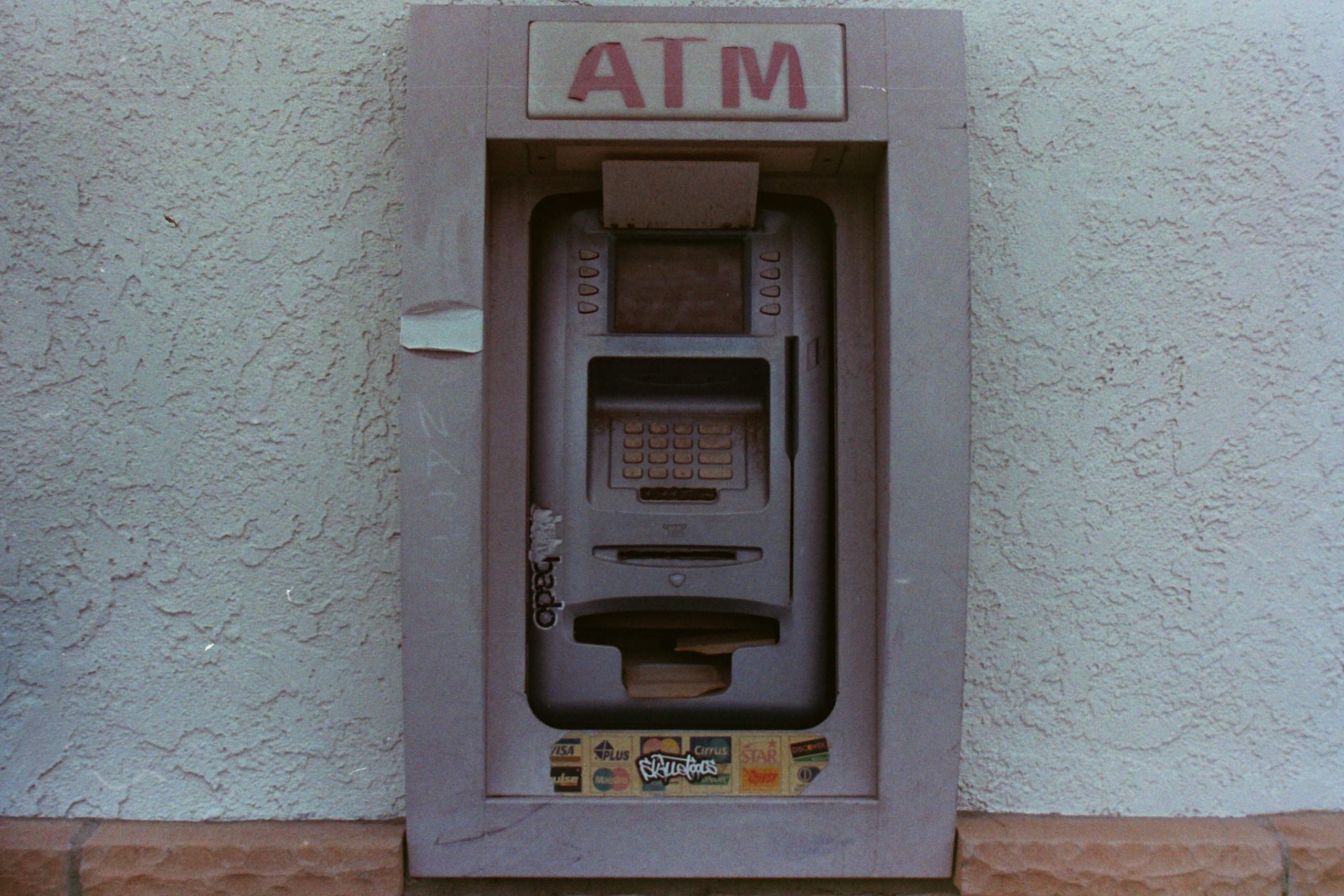
In romantic relationships, breakups happen all the time. They occur when a foreseeable future seems grim, when insurmountable issues arise, or most commonly, when things just aren’t working out. In fact, separations are so typical that we even have unofficial rules for them (e.g. It’s not cool to break up over text) and scripts of exactly how to perform them (e.g. “It’s not you, it’s me”).
But when it comes to ending our non-romantic entanglements, there seem to be fewer guidelines. Even when faced with deeply unhealthy, unhappy, relationships, the simple truth is this: we don’t know how to break up with our friends.
I was thinking about this recently while reading Shut A Final Door, a short story written in the 1940s by Truman Capote. At the beginning of the story, a character named Anna addresses her exceptionally self-involved, uncaring friend, Walter. Her aim is to end their relationship, and she plainly says to him, “Sorry, Walter, I can’t afford you any longer.”
What struck me most about this statement was the idea of not being able to “afford” friendship. Certainly, Anna does not mean that she has to shell out actual cash in order to keep her friendship afloat. Instead, she is talking about a different sort of cost: an emotional price that must be paid in order to be in a relationship with someone.
And deep down, we know that friendship does indeed come with a cost. In any relationship, we invest our time, energy, thoughts, and emotions towards the person we care about. In good friendships, it feels like a bargain. In unhealthy friendships, it feels as though your entire emotional savings bank is being drained.
But here is a big ol’ heapin’ helpin’ of truth that I think we all need to be reminded of: We are adults, and as such, we have the freedom to choose which friendships we want to invest in. In other words, if a relationship is debilitating, you don’t have to stay in it.
(Related: The Art of Making Friends as an Adult)
Of course, there are different types of unhealthy friendships. There are those that are abusive, addictive, or codependent. These relationships usually have a deep history of pain and harmful behavior, and if you are in one of these right now with no hope of improvement, then by all means, set some boundaries.
But these aren’t the only types of friendships to be avoided. In fact, there is strong evidence to suggest that the people we feel ambivalently towards are the ones who actually cause the most stress in our lives. In a study done by psychologist Julianne Holt-Lunstad, participants were monitored for three days as they interacted with different individuals. Whenever a participant encountered a friend for whom they had mixed feelings, their blood pressure would actually raise, more so than it would around those they actively disliked. And perhaps you can think of who that friend might be for you, someone whose mere presence in your day brings on a discernable anxiety.
So why do we stay in these relationships which are literally unhealthy for us? Here are a few reasons (and spoiler alert, these aren’t good enough):
You can’t avoid them.
Perhaps you work together or run in the same social circles. To you, it seems far more awkward to end the friendship than to just continue miserably in it.
You feel guilty.
You believe that every person deserves love, and while this relationship is in fact hurting you, you would feel selfish dissolving it.
You feel prideful.
Ending a friendship isn’t even an option for you because you have been taught that quitters never win.
You convince yourself of a lie.
“She’s not that bad. When she’s not tearing me down, she’s actually really fun to be around.”
But probably the most prevalent reason that we stay in these relationships is that we don’t really have a culturally accepted way of getting out of them. And that’s true. Imagine being like our friend Anna and saying to someone, “I can’t afford you.” You would feel like an absolute jerk.
But just because we don’t have the proper words for it doesn’t mean that we can’t seek some space from stressful relationships. In terms of an actionable solution, the answer is more grey than it is black and white. Perhaps for you, it means setting some clearer boundaries, taking some time alone for yourself, focusing on relationships that bring you joy, or getting some wisdom from a friend outside of the situation. Or perhaps, it means having an open, honest conversation with the friend in question. Maybe there is room for growth or maybe there is freedom to move on.
Whatever the case, don’t hold yourself inside the prison of a bad friendship. You aren’t doing anyone, not yourself or the other person, any favors by keeping up the charade. And after all, life is short and no one is forcing you to stay in these relationships because, well, you’re an adult. If you can choose to stay up late and eat ice cream for breakfast, certainly you can choose to distance yourself from people who bring you down.
How do you set boundaries in tough friendships?
Related: How to Be Happy For Your Friends Who Have Their Shit Together (When You Don’t)












